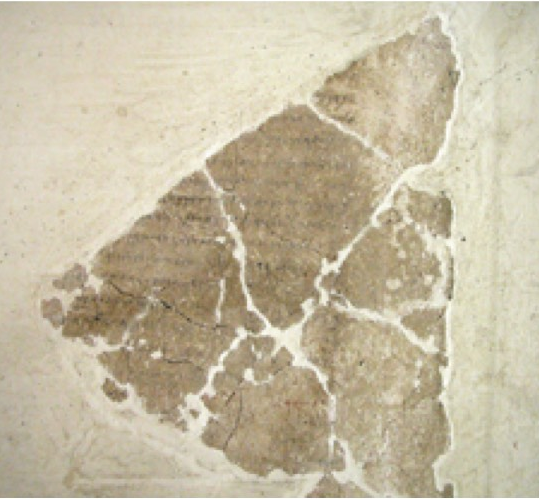
An Old Testament KnoWhy relating to the reading assignment for Gospel Doctrine Lesson 16: “I Cannot Go Beyond the Word of the Lord” (Numbers 22-24; 31:1-16) (JBOTL16A)
Question: Have there been any latter-day parallels to Balaam’s blessing?
Summary: In 1898, Dr. John M. Reiner, a Roman Catholic scholar, visited Utah. In a talk given at the Salt Lake Tabernacle at the invitation of President Wilford Woodruff, he described in striking terms the parallels he found between ancient and modern Israel. Throughout his talk, he wove in colorful and informative allusions to the story of Balaam, who had blessed Israel in spite of himself. Reiner also spoke vigorously of the strength of the claims of apostolic authority that, in his view, had been credibly put forth by only two churches: the Roman Catholics and the Mormons. Although not claiming the gift of prophecy, Reiner’s eloquent words of appreciation and friendship for the Latter-day Saints were sincere and generous. His little-known discourse drawing out modern day parallels to the story of Balaam and Israel deserves to be better known.
The full article may be found at the Interpreter Foundation website: KnoWhy OTL16A — Have There Been Any Latter-Day Parallels to Balaam’s Blessing?
 Neal Rappleye volunteers with FairMormon, The Interpreter Foundation, and writes on his own blog called
Neal Rappleye volunteers with FairMormon, The Interpreter Foundation, and writes on his own blog called
 niversity with a degree in Journalism with an emphasis in public relations and corporate communications. After graduating she interned for the Church Public Affairs Office and also worked for the Church’s Office of International and Governmental affairs in Washington D.C.
niversity with a degree in Journalism with an emphasis in public relations and corporate communications. After graduating she interned for the Church Public Affairs Office and also worked for the Church’s Office of International and Governmental affairs in Washington D.C.